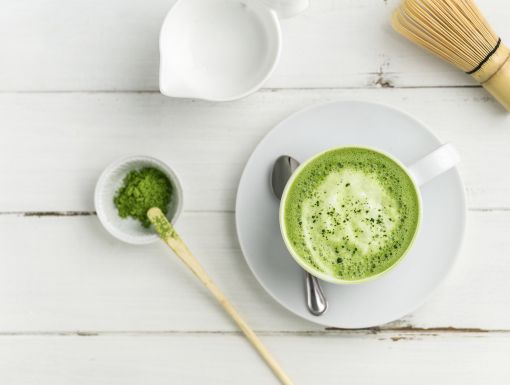
Is Ginger Healthy for You?
Whether powdered, pickled, raw or even candied, ginger is one of the healthiest spices on the planet. (Not to mention one of the most delicious.) From soothing an upset stomach to helping with inflammation, here are five science-backed health benefits of this medicinal root, and a list of ways to get more of it into your diet.
5 health benefits of ginger
For centuries, people have used ginger not only to add a warming spiciness to their favorite dishes, but also for its health benefits. This is because ginger root is loaded with nutrients and bioactive compounds that have potent benefits on the body and brain.
Want food and fitness content like this delivered to your inbox? Sign up for our weekly newsletter.
So, why is ginger healthy for you? Ginger:
- Has anti-inflammatory effects due to gingerol, the primary bioactive compound in ginger. Preventing inflammation can help improve muscle pain and symptoms related to osteoarthritis.
- Can treat various types of nausea, including sea sickness, morning sickness and nausea related to chemotherapy treatments
- Is linked to an improvement in blood sugar control, including fasting blood glucose and HbA1c (a marker of long-term blood glucose control).
- May improve symptoms of PMS.
- Can help to lower the risk of infections, inhibiting the growth of certain types of bacteria.
How to add more ginger into your diet
Wondering how to get an added boost of ginger into your diet? Consider these five delicious options.
- Candied ginger: Great for chewing when your tummy is upset. Consider making your own with this recipe.
- Ginger tea: Dried ginger root tea is ready available at the supermarket, but you can also make your own by boiling water and fresh ginger.
- Grated or pureed: In stir-fries, soups, sauces and curries.
- Juiced: Try freezing fresh ginger slices in ice cubes, which you can pop into your morning smoothie, or water throughout the day.
- Pickled ginger: A favorite pairing for sushi. Look for varieties with less sodium.
Editor’s note: Registered dietitian Molly Kimball offers brand-name products as a consumer guide; she does not solicit product samples nor is she paid to recommend items. A version of this article originally appeared on WGNO’s “FUELED with Molly” segment.



